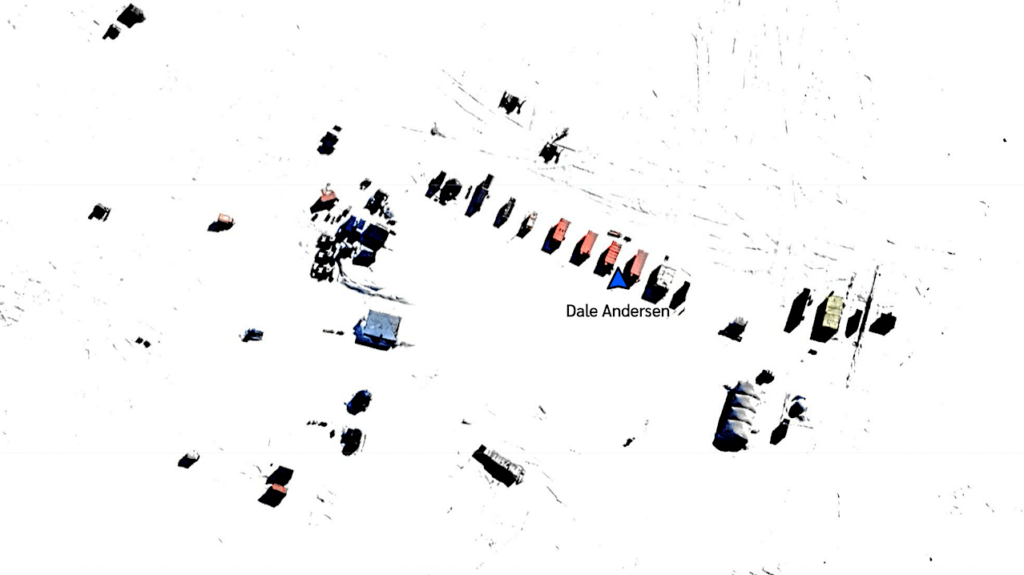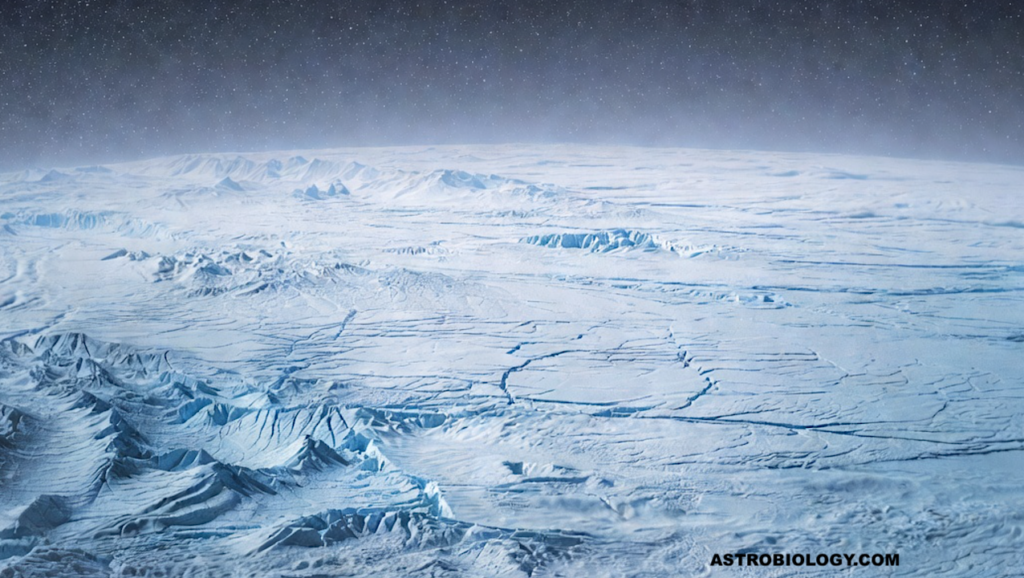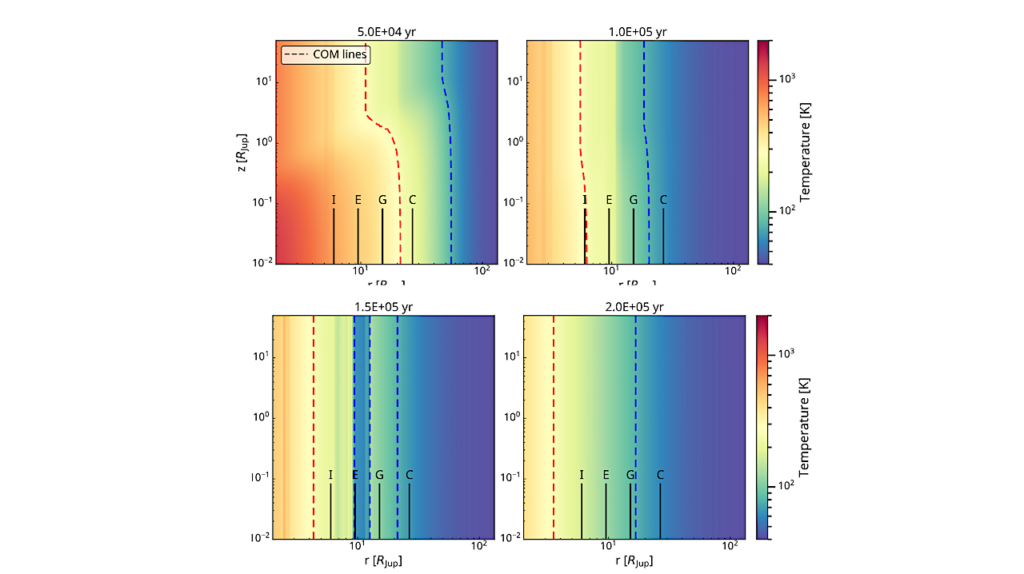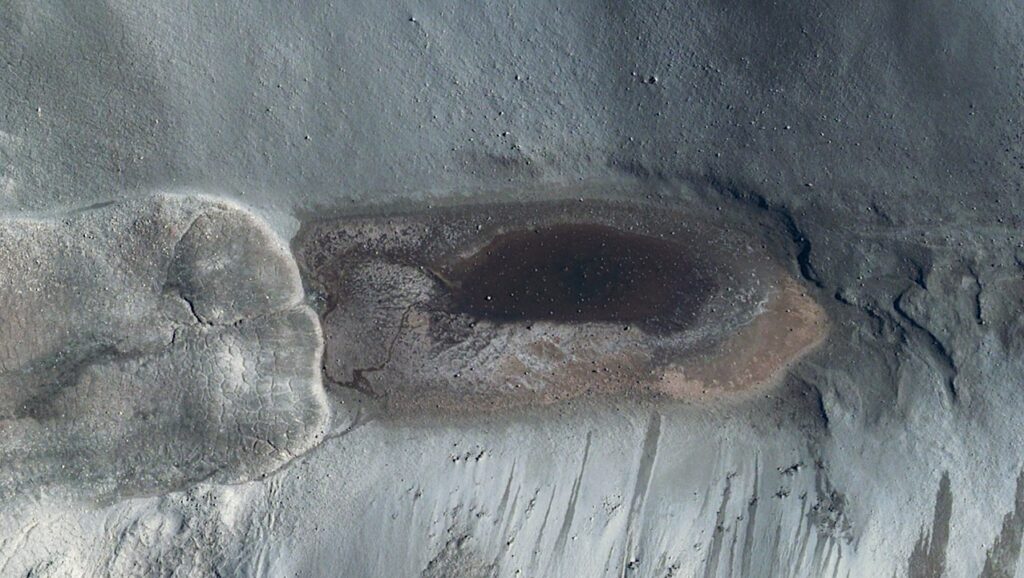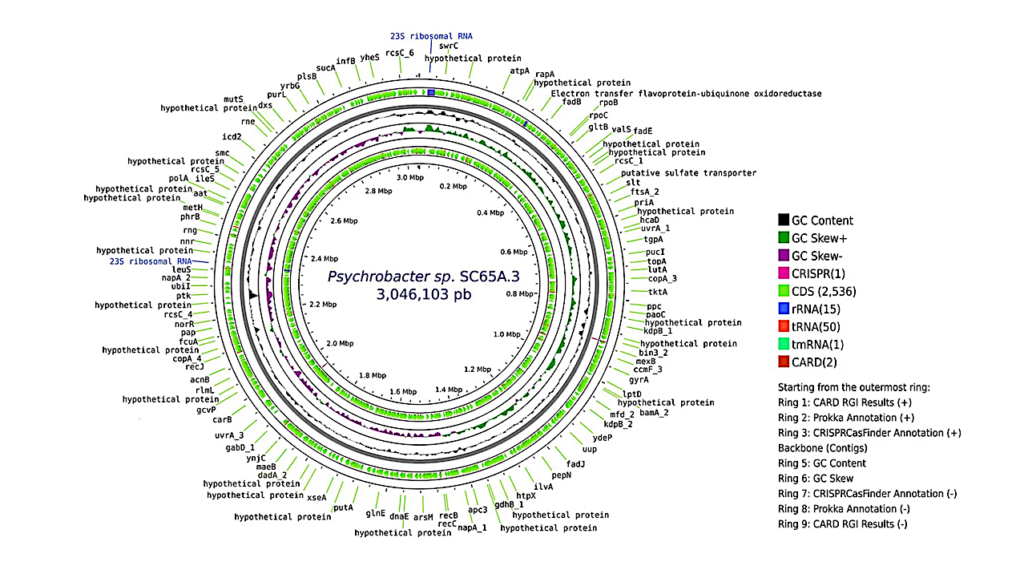Habitability Classification of Exoplanets: A Machine Learning Insight
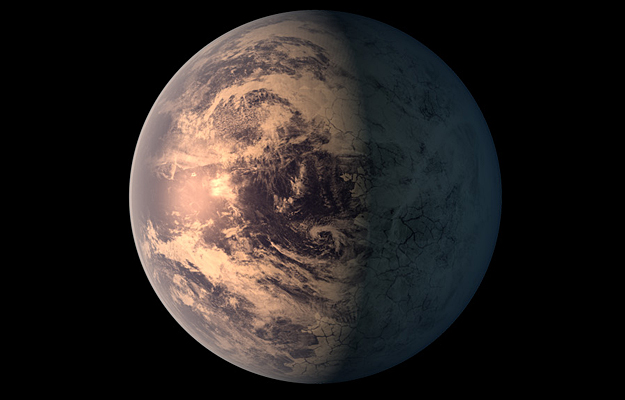
We explore the efficacy of machine learning (ML) in characterizing exoplanets into different classes. The source of the data used in this work is University of Puerto Rico’s Planetary Habitability Laboratory’s Exoplanets Catalog (PHL-EC).
We perform a detailed analysis of the structure of the data and propose methods that can be used to effectively categorize new exoplanet samples. Our contributions are two fold. We elaborate on the results obtained by using ML algorithms by stating the accuracy of each method used and propose the best paradigm to automate the task of exoplanet classification. The exploration led to the development of new methods fundamental and relevant to the context of the problem and beyond. Data exploration and experimentation methods also result in the development of a general data methodology and a set of best practices which can be used for exploratory data analysis experiments.
Suryoday Basak, Surbhi Agrawal, Snehanshu Saha, Abhijit Jeremiel Theophilus, Kakoli Bora, Gouri Deshpande, Jayant Murthy
(Submitted on 22 May 2018)
Subjects: Instrumentation and Methods for Astrophysics (astro-ph.IM)
Cite as: arXiv:1805.08810 [astro-ph.IM] (or arXiv:1805.08810v1 [astro-ph.IM] for this version)
Submission history
From: Snehanshu Saha
[v1] Tue, 22 May 2018 18:39:50 GMT (5845kb,D)
https://arxiv.org/abs/1805.08810
Astrobiology


